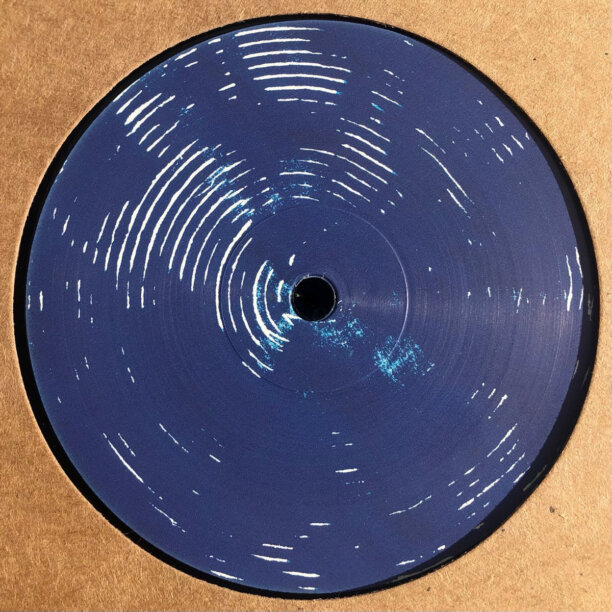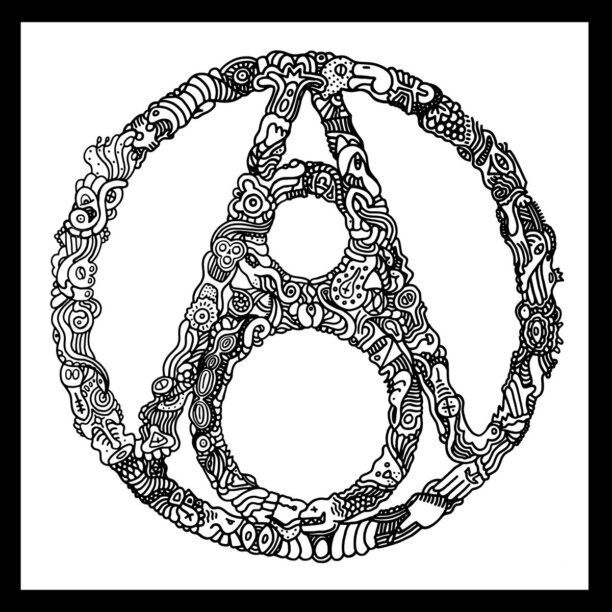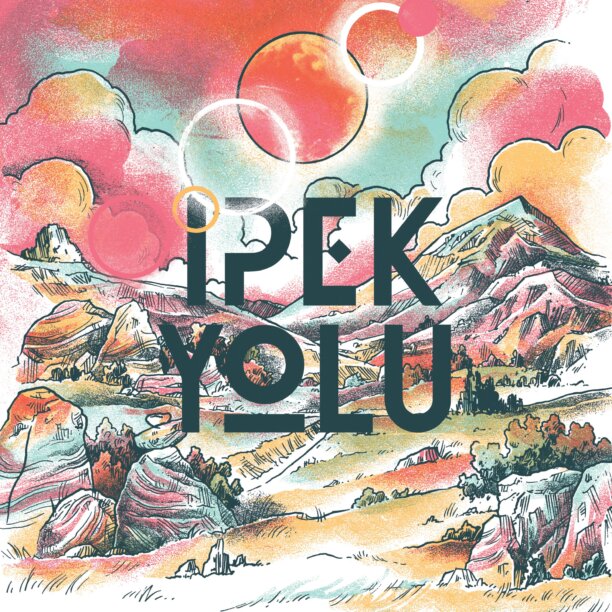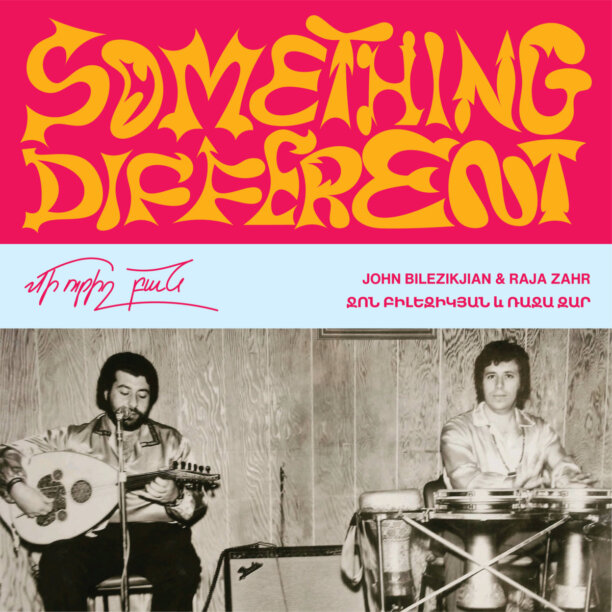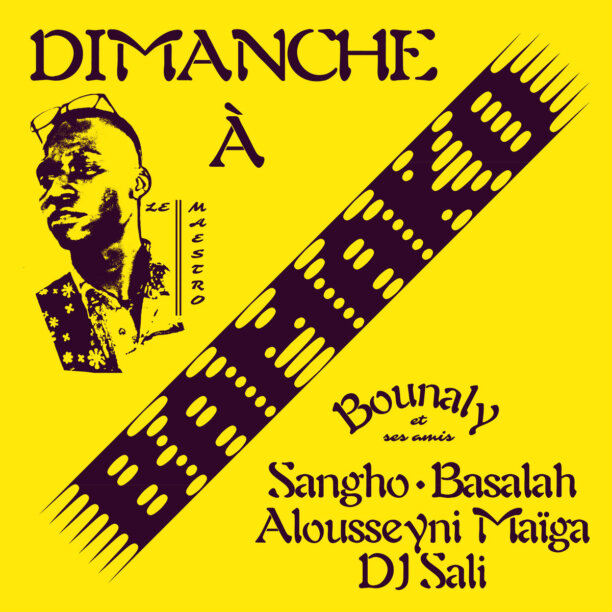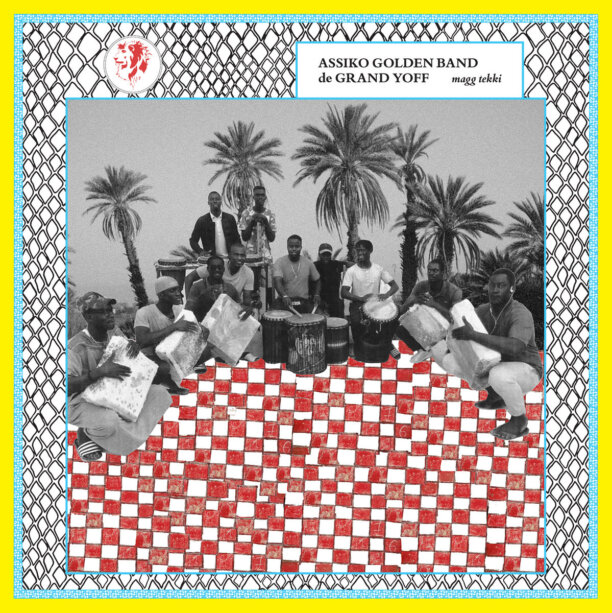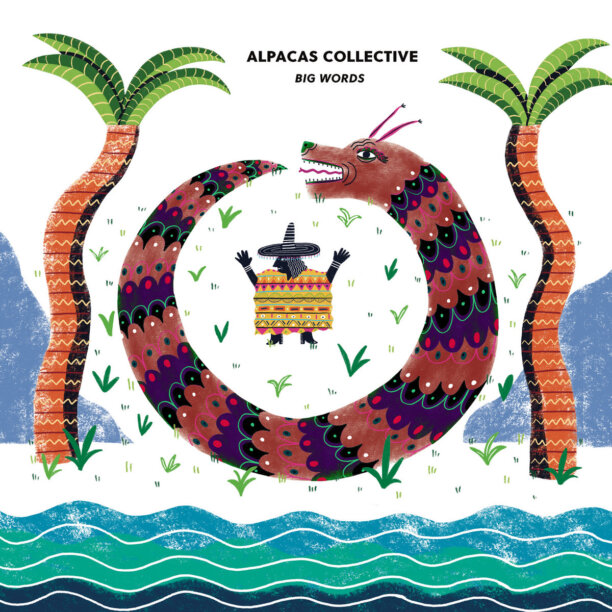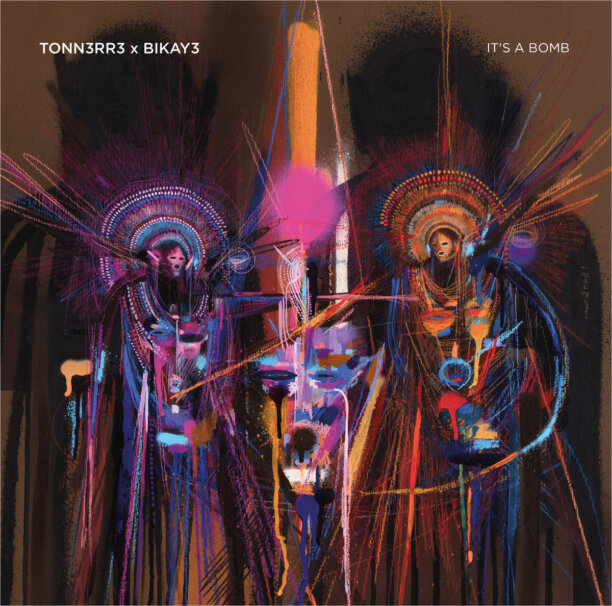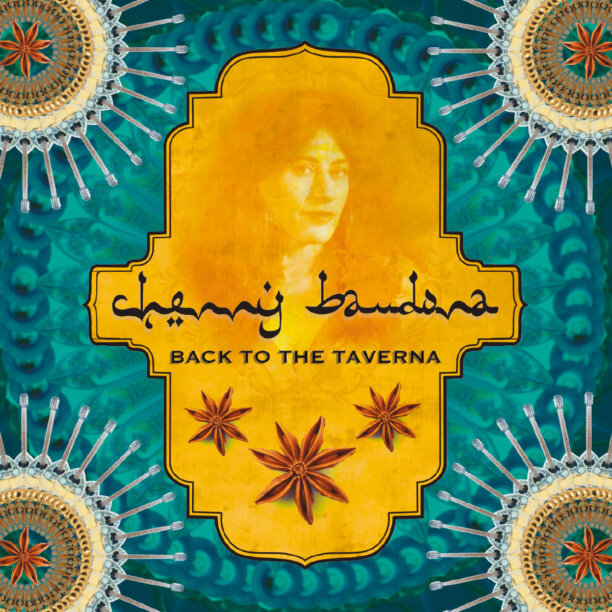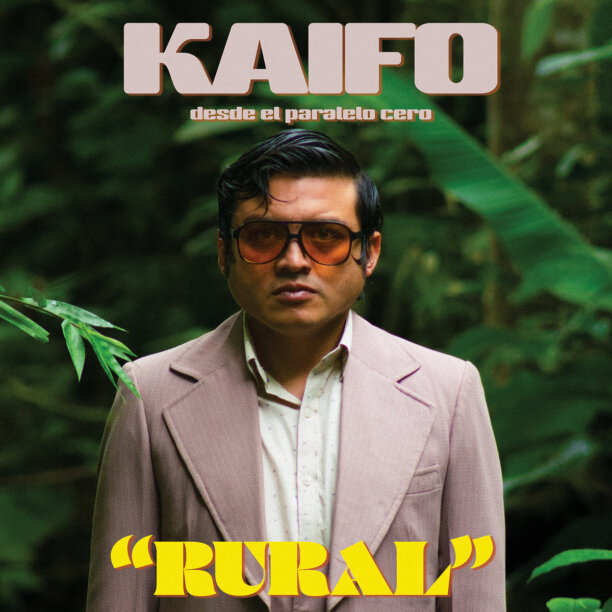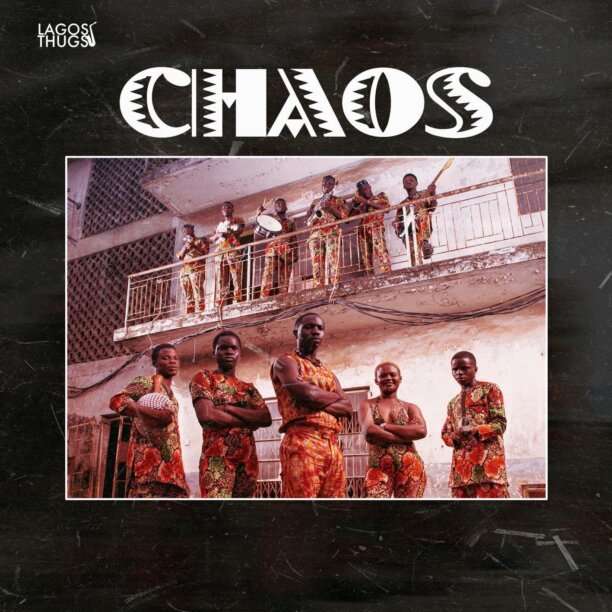Ndox Electrique
At this point, claiming they are positively obsessed might not be that far-fetched. The latest collaborative project by France's François R. Cambuzat and Italy's Gianna Greco is somewhat of the next logical step in their ongoing study of ancient, adorcist rituals. What began in the Saharan Djerid desert of Tunisia several years ago, when the two began documenting the religious Banga ritual of Sidi Marzûq and subsequently reworking their findings into spectacularly haunting post-industrial soundscapes with their acclaimed project Ifriqiyya Electrique, has now led them to new shores and from North Africa to West Africa.
Their previous work in Tunisia inspired Cambuzat and Greco to dig deeper and "trace the origins of these North African ritual ceremonies" back to their source. Easier said than done, "this proved elusive" at first, "a five-century passage of time having blurred what scant historical record may have existed." Being persistent in nature, they eventually found what or rather who they were looking for on the peninsula of Cap-Vert, Senegal, home to the Lebu. "This is where the n'doëp live and – as people warned [them] – do so with deliberate insularity." The two continued their search, which remained fruitless, "until a taxi driver slipped them a number for one Abdoulaye Ndiaye, a n’döepkat master-healer and temple guardian in the city of Rufisque."
If you're still reading this, don't worry, it's about to get even more metaphysical. You see, upon contacting said healer, the latter claimed that he had "just dreamt about an imminent visit from to white people... and then told Cambuzat and Greco the exact date and time they had arrived in the country, several months before [...]." Long story short, they arranged a visit to Guéréo in nearby Bargny, "witnessed a n’döep first-hand" and began collaborating with "the various drummers and singers who would go on to perform on [their current album]." And so, Ndox Electrique was born.
Over the next six months, Cambuzat and Greco immersed themselves in the n’döep rituals – composed of "entranced chants (credited to Rokhaya Diène, Adjaratou Diène, Rokhaya Mbaye, Gamou Dieng and Fatou Aladji Mbaye) and polyrhythmic drums (the work of Mar Faye, Ndiaga Mboup and Abdou Seck)" – without actually taking part in them. "Spectators, even ones living in this close a proximity, can appreciate but not truly understand," the release notes detail. Ndox Electrique thus made a particular point of "[allowing] the Senegalese vocalists entirely free rein on the album's words and subjects, based on sacred n’döep songs and sung in the Wolof language."
Released on Bongo Joe Records back in November, "Tëd Ak Mame Coumba Lamba Ak Mame Coumba Mbang" expertly combines these mystical traditions with Cambuzat and Greco's Western post-punk, rock and experimental backgrounds, creating a blend literally unheard of, also taking into consideration the obvious difficulties of accommodating "differing sensibilities – regarding time signatures, music as a spiritual vehicle [and] the concept of performing for commercial gain." The result, as you may have guessed, is nothing short of groundbreaking, powerful in every respect and transcendental in the sense of overcoming borders both manifest and imagined. A sonic vessel of sorts, transporting these "enchanting sounds and mystical narratives" into a new era, "Tëd Ak Mame Coumba Lamba Ak Mame Coumba Mbang" is a absolute blast, able to exist well beyond all legitimate attempts at contextualisation.

